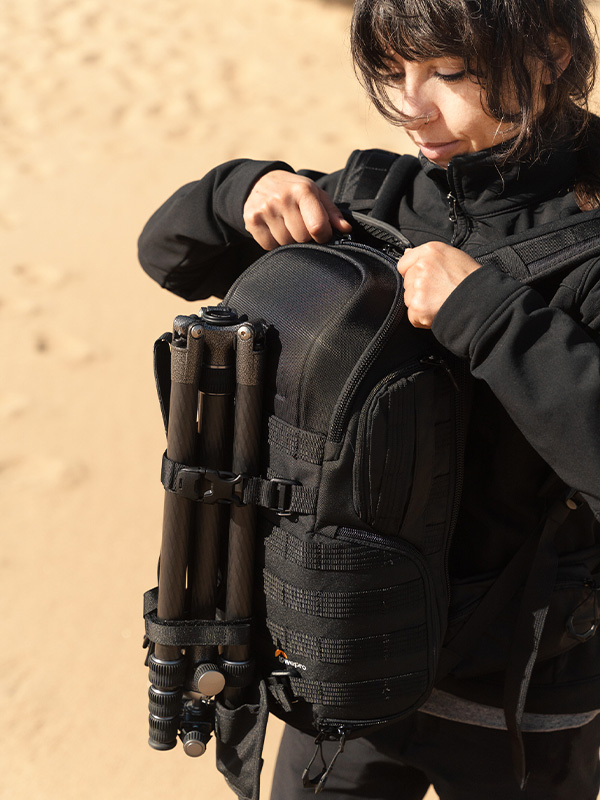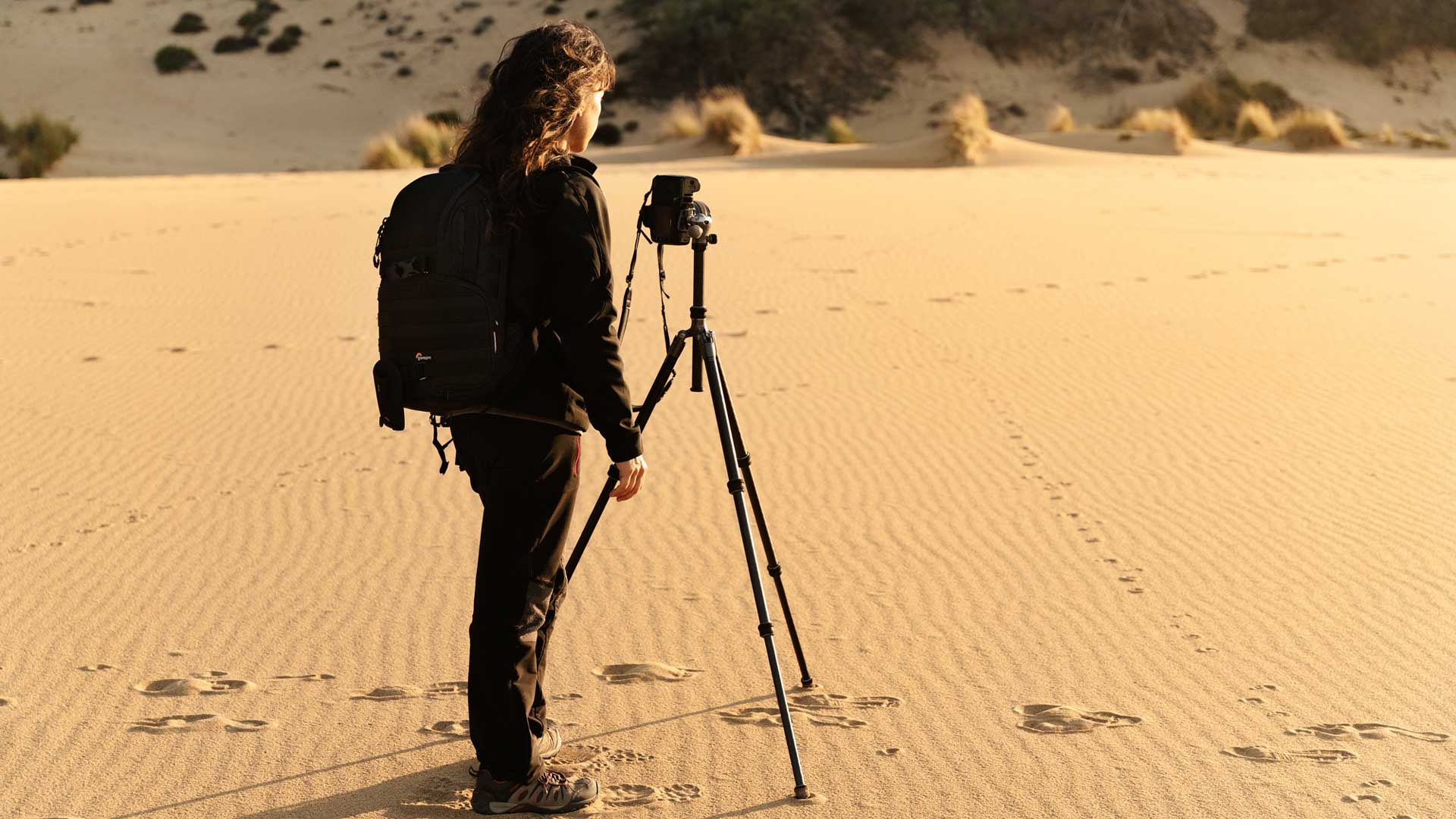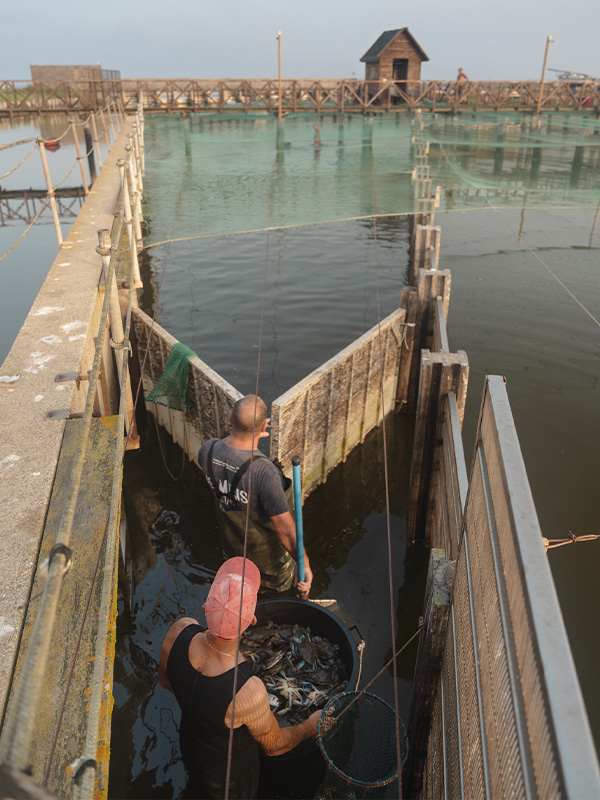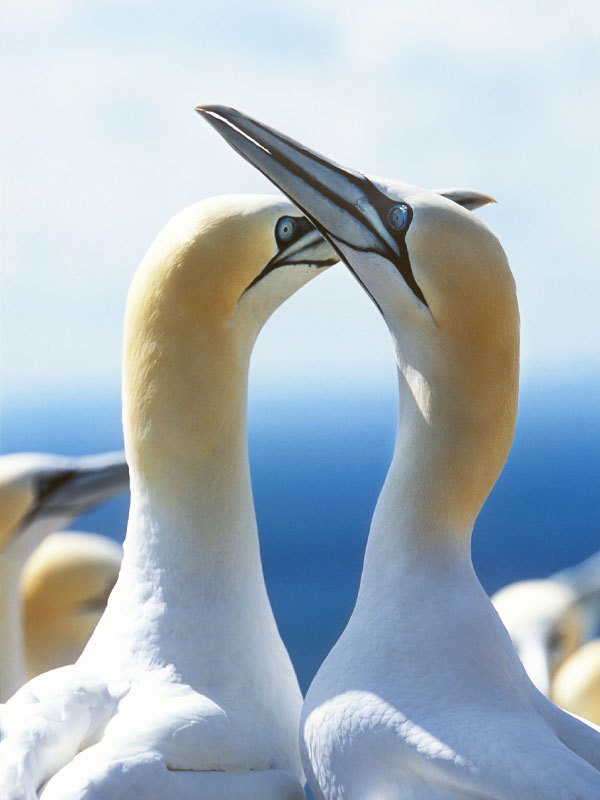Loweprofessionals Interview:
Paola Lai
By Lowepro | 5 minutes
Paola Lai, an accomplished documentary photographer from Italy, is known for capturing the essence of identity, human conditions, and the intricate relationships between nature and humanity in her work. Her work has earned international recognition in esteemed competitions such as IPA, PX3, and the Sony World Photography Awards.
Notably, her project "Mediterranean Sea: a Sea Turtle Odyssey" was a finalist in both the best single photo and best story categories of the 2022 ISPA (Italian Sustainability Photo Award).
As a Lowepro Ambassador, Paola aligns her work with ISPA's mission to promote environmental and social sustainability, offering a captivating exploration of universal truths through the lens of individual and local stories.
How was your personal story about photography and your passion for it born?
I think my relationship with photography started at a very early stage when I was still a child. We used to go on family holidays every September, driving through a different country every year and discovering the changing landscapes, the shifting from the countryside and small towns to the big cities and the capitals, and experiencing many shades of the culture, people, and nature of each country.
My father used to document all these trips with his camera, while the rest of the family had to pose for him. I found it was quite boring for me and what I really wanted to do was take the pictures myself! Eventually, my father let me, under his close supervision, but most of the time was a no-no, a fact that probably arose my longing for it. Meanwhile, I was also growing up looking at magazines such as National Geographic and Airone, an Italian science and nature publication very popular in the 80’s and 90’s, where photographs had a very important role. Through them, I could discover far-away cultures, animals, nature, and exotic places from all over the world, and I was totally fascinated. I also remember looking at the photographs of Jodi Cobb, who was one of the few women working for Nat Geo at the time, and that had a powerful impact on me, as it triggered me to identify myself as a future grown-up woman doing the same job. So, I guess these are the seeds from which my passion for photography started to grow.


Environmental conservation seems to be one of the key elements of your photography, what is your connection to the world and environment?
I’ve always had a strong connection with Nature and animals since I was a child. They always fascinated me and as I grew up I started to broaden my studies and my research got more and more overwhelming about what we humans have been doing to our planet. It has been one of my greatest concerns since my late teen years and I often feel helpless about it. We know we’re changing Nature and Earth in drastic ways but still, we’re not doing enough compared to what we should do about it. Even though we know we depend on this planet, it is a losing game.
I strongly believe that, since capitalism and consumerism have proven to be totally unsustainable, the need to switch to a new conscience that recognizes personal fulfillment in ethics, in collaboration with one another, and in a refreshed connection and respect for Nature and the World as a whole, is crucial. In order to achieve this, though, we need to know the reality of things and facts based on scientific research and data.
Through documentary photography we can both communicate and look at these realities, allowing people to quickly gain knowledge.


"TO HAVE KNOWLEDGE MEANS TO BECOME RESPONSIBLE AND TO BE RESPONSIBLE MEANS WE CAN CHOOSE HOW TO ACT IN A WORLD WHERE EVERYTHING IS INTERCONNECTED...."
- Paola Lai
You are a documentary photographer focused on social and environmental issues. In your latest project “Mediterranean Sea: a Sea Turtle Odyssey” can you tell us something about why you are interested in this topic and this project?
Oceans and Seas are heavily affected by global warming, pollution, over-exploitation, plastic and micro-plastic litter, and species extinction, dealing with severe unbalances in their ecosystems. But healthy seas and oceans are paramount for our survival, absorbing carbon from the atmosphere, they regulate the climate and counteract its change. Sea turtles are an emblematic symbol of endangered marine species; they could be considered as tiebreakers for all the above-mentioned pressures on the oceans since they are very sensitive to climate change and human impact. But they’re also an essential link in the food chain, and as they depend on the sea, a healthy sea depends on them. Due to these characteristics and as one of the most iconic marine species, sea turtles allowed me to face and talk about different issues oceans (and more specifically, in my project, the Mediterranean Sea) are facing and the importance that scientific research and conservation have in reversing this scenario. But as well, it is a project that highlights things that each one of us can do in daily life, like trying to reduce the use of plastic and disposing of it correctly: simple and fundamental actions, but essential to make a change. I also believe that children and younger generations can easily relate to sea turtles, thus facilitating education about respect for the environment and conservation in that age range.
At last, due to their nature of overcoming many struggles to reach adulthood since when they’re born, to me, sea turtles represent positive hope and embrace the whole circle of sustainability and conservation within themselves, from being naive victims of all human damage to being a main character of resilience and re-wild when put in the conditions to do so.


What impact do you hope your photographs will have on the people engaging with them?
I always hope that my images will cause an emotional reaction in viewers because emotions bound thoughts and feelings and move us to react, to take action. This means the message I’d like to get through is, in a certain way, processed and elaborated. Using photography as an instrument both to document and evoke, I always hope to make people aware of what I’m showing, so as to inspire a change. My aim is to positively influence someone to act with respect towards life, towards nature, and towards other human beings.
What’s your vision of sustainability and how do you integrate it in your day-to-day job as a photographer?
In a world where we’re feeling and touching on our skin the consequences of climate change in every place on Earth, the preservation of the planet is THE first priority to me. Sustainability is my first choice in all aspects of my daily life, from food to clothing, to anything I consume. Regarding my job as a photographer, there are several rules I follow. I only buy the gear I need and I try to get informed as much as possible about a product so that my choice can fall on something of quality, durable, and from brands that share more sustainable manufacturing of their products, minimizing their impact on the environment and on human capital. I only print when necessary. I always do research about a site, so as to respect its ecosystem: I respect restriction signs (of not stepping in certain areas, for example), I respect my subjects (when photographing animals, I would not do anything to harass or annoy them to get my shot) and in general, the welfare of ecosystems are always more important of any personal profit, advantage or publicity. I also bring some spare bags with me and usually bring them back full of plastic, even in remote places. At last, I choose my photographic projects with the aim to raise awareness and communicate messages I believe in and I first pursue myself.






















